The changing workforce
By Pat Hayes, CPP
Businesses across all industries face changes in workforce and labor needs. Finding the right person with the right skills suited to specific job requirements continues to be the crux of all labor issues.
No matter the size of the company, business owners may face similar employee problems: turnover, lack of commitment and cooperation, deficient basic education and language skills, as well as poor soft skills (showing up on time, getting along with other workers, regular attendance and good basic work habits).
In “The 2010 Meltdown,” Dr. Edward Gordon addresses these workforce issues with facts based on a retiring baby boomer generation. He states that industry is not prepared for new technologies with a workforce capable of meeting those needs.
In 1955, 60 percent of our workforce was unskilled, 20 percent skilled and 20 percent professional. In 2005, the unskilled sector dropped to 12 percent, the skilled increased to 68 percent and the professional sector remained unchanged. To keep up with the demand for a skilled workforce, there will need to be a change in education standards, as well as in continuing education. Amid the current economic downturn, the workforce available in five years will not be capable of meeting American manufacturing needs—without a change in status quo.
What is required is a commonality of purpose between education and business. Our American system stresses higher education, but not every student goes on to college. Those who don’t are often left to undefined means of personal growth. There is a need to revise education to teach students the skills required in the workplace and to train students to learn in a work context. Such programs are in place and working well in many areas of our country.
In an effort to address these workforce issues and find a meaningful solution, I attended my first WorkKeys National Conference in May of 2008 in Indianapolis. I was pleased by the evidence of success in workforce development issues.
WorkKeys is a nationally recognized certification program developed and managed by ACT for the measurement of basic skill sets related to the same measuring system put in place in business and industry. WorkKeys measures reading for information, applied mathematics, locating information, applied technology, teamwork, observation, listening and business writing. Through the outcome of these skill areas, WorkKeys offers a Carrier Readiness Certificate (CRC). The skills taught to students are measured in the same terms as the skills required by business and industry, providing a measuring tool that defines basic skills with a universal understanding and a common language in matching student proficiencies with job needs.
WorkKeys is not just a certificate for those entering the workforce for the first time. It is also a means of determining if an itinerant workforce is suited to their jobs, as well as for assessing potential employees already in the workplace. The program does not guarantee that a candidate can perform a specific job, but it confirms that the individual has the necessary ability and skills. Training is the responsibility of the employer.
Job skills required are defined in job profiles. There are hundreds of profiles that exist for our industry. Once these needs are matched with skills available, through the CRC, we have the ability to take advantage of a streamlined skills matching process.
Through community involvement by our company, as well as by many local industries here in Northern Illinois, we have adopted WorkKeys. We have already seen promised results through:
- A drop in performance-related turnover for new hires
- A streamlined hiring process and lowered recruiting costs
- Reduced training costs due to a greatly diminished need to train basic skills before training job-specific skills
- Faster implementation time of performance to full competence level
Further evidence of other firm’s accomplishments through the use of WorkKeys is available through ACT. For more information on WorkKeys, and how it can benefit your business, visit www.act.org and click “The WorkKeys System.”










